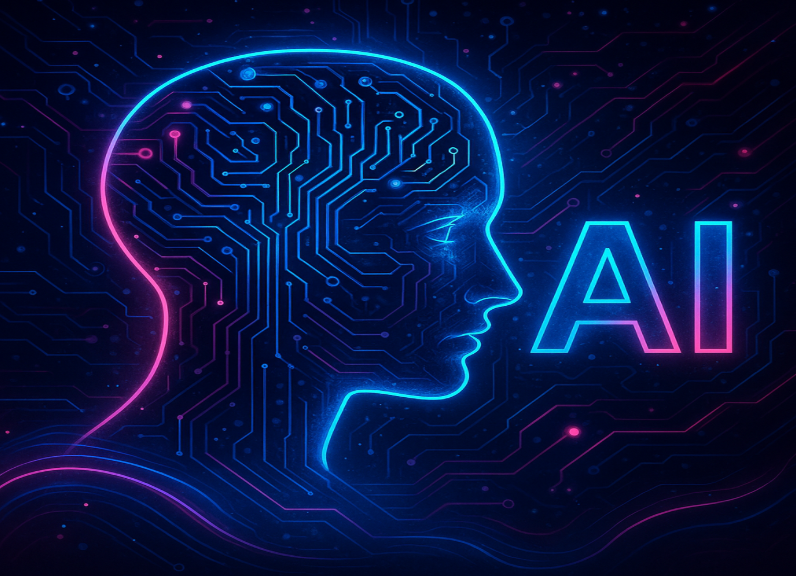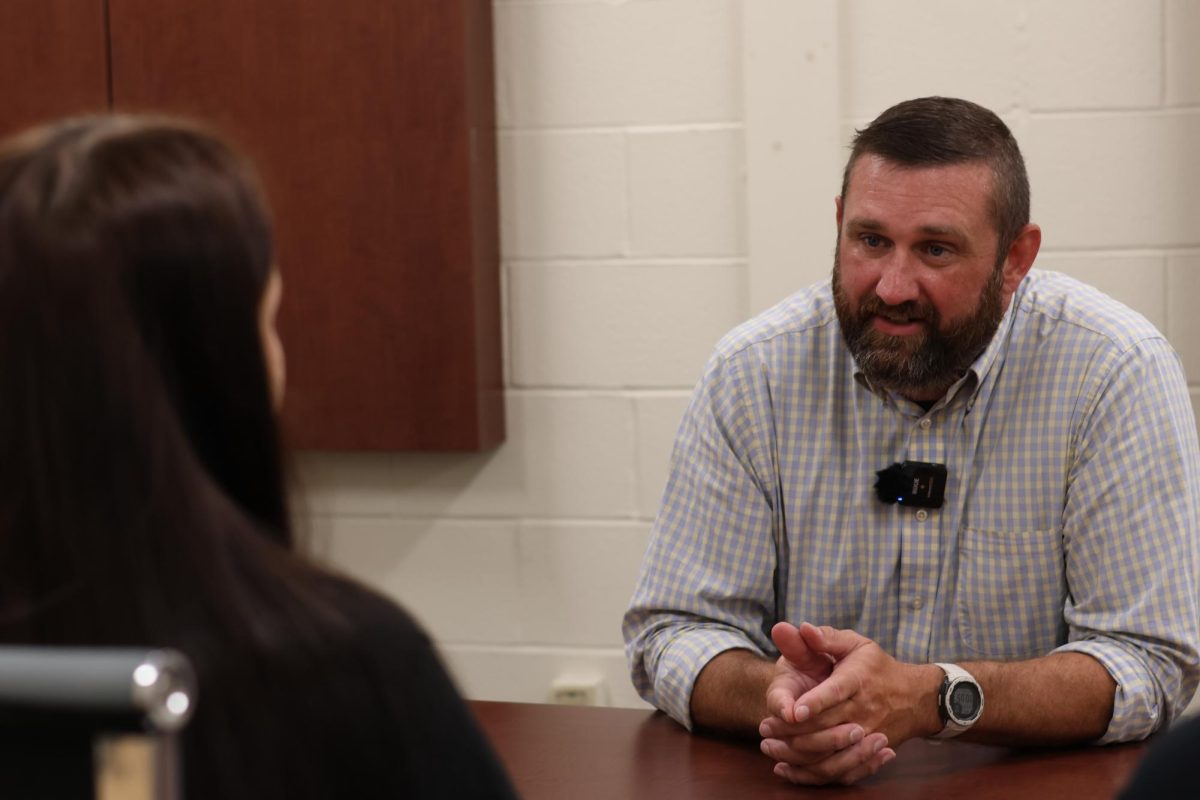Something invisible is reshaping how we will live in the future
AI refers to Artificial Intelligence, which is a field of computer science that deals with computer systems that can make decisions, solve problems, and carry out other activities that human beings normally undertake.
These systems have already entered our lives, either through the educational institutions or the large multinational corporations that we are all part of. It seems likely that advanced systems will affect not only the types of jobs there will be for people, but also the way each of us interacts personally with our personal technology. While the speed and scale of these changes may provide us with benefits, there are also future challenges to be faced.
“AI is the new electricity. Just as electricity transformed almost everything 100 years ago, today I actually have a hard time thinking of an industry that I don’t think AI will transform in the next several years,” said Andrew Ng, co-founder of Google Brain and AI expert.
Experts predict that AI will be vastly integrated into fields such as data entry, customer service, transportation, and manufacturing. These fields are expected to improve in efficiency and automation. AI systems can already answer customer questions through chatbots, schedule appointments, and operate self-driving vehicles in certain cities.
AI is also being used to create new things. Some programs can generate realistic images, music, and even videos just using written instructions. These tools are being used in advertising, social media, and digital art. AI can now write papers, compose songs, and create deepfake videos that look real but are computer-generated. As our technology advances, some researchers are using AI to create new AI systems, which speeds up development further. We will start to see systems that can develop new skills without human instruction.
Susan Exely, a 70-year-old grandmother, has seen major shifts in technology throughout her life.
“I never thought I’d live to see cars drive themselves or robots answering phones,” Exely said.
Exely remembers growing up with cable phones, a box television, and no internet.
“When I was a kid, no one had computers at the house,” she said. “Now I have a little one in my pocket.”
The changes Exley has seen in her lifetime exhibit just how quickly technology can grow. What once took decades to develop is now just simple technology. If we use history as our example, it tells us that change is inevitable, and we can only hope these new changes will be beneficial to mankind.
As technology continues to advance, it is still difficult to predict what the world will look like a few years down the road. What now seem like changes that are far away and some time down the line are changing very quickly, and what is new today will be old tomorrow. Our lives are being reshaped in ways we are only beginning to understand
And while we can’t know exactly what’s next for us, we can expect that AI systems will continue to grow, bringing big changes to the world.












